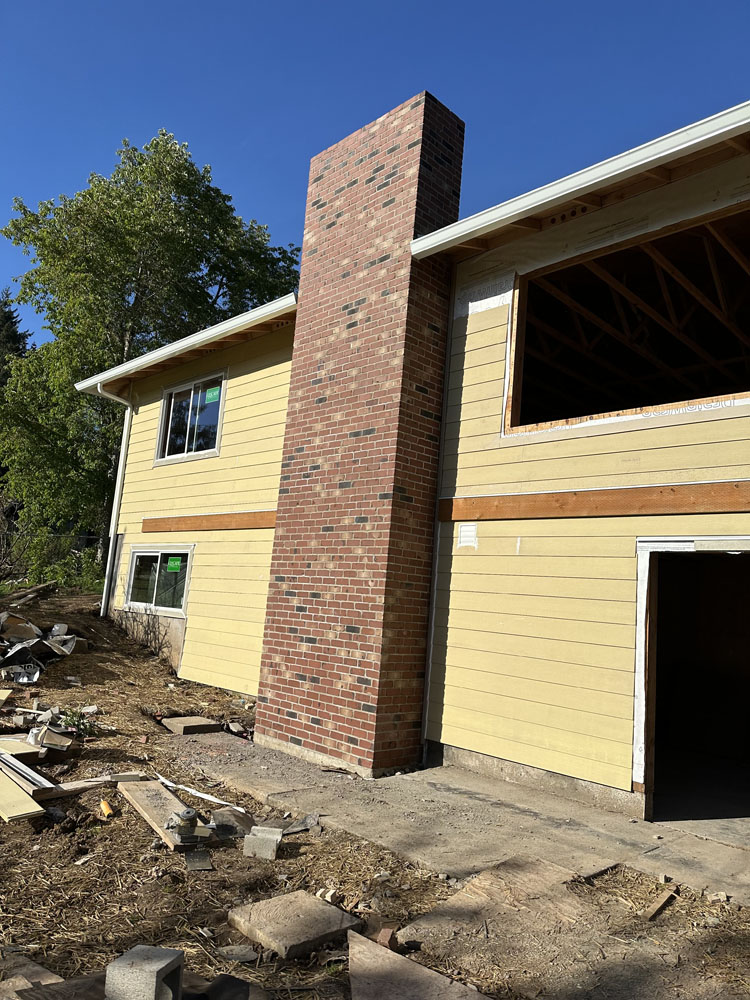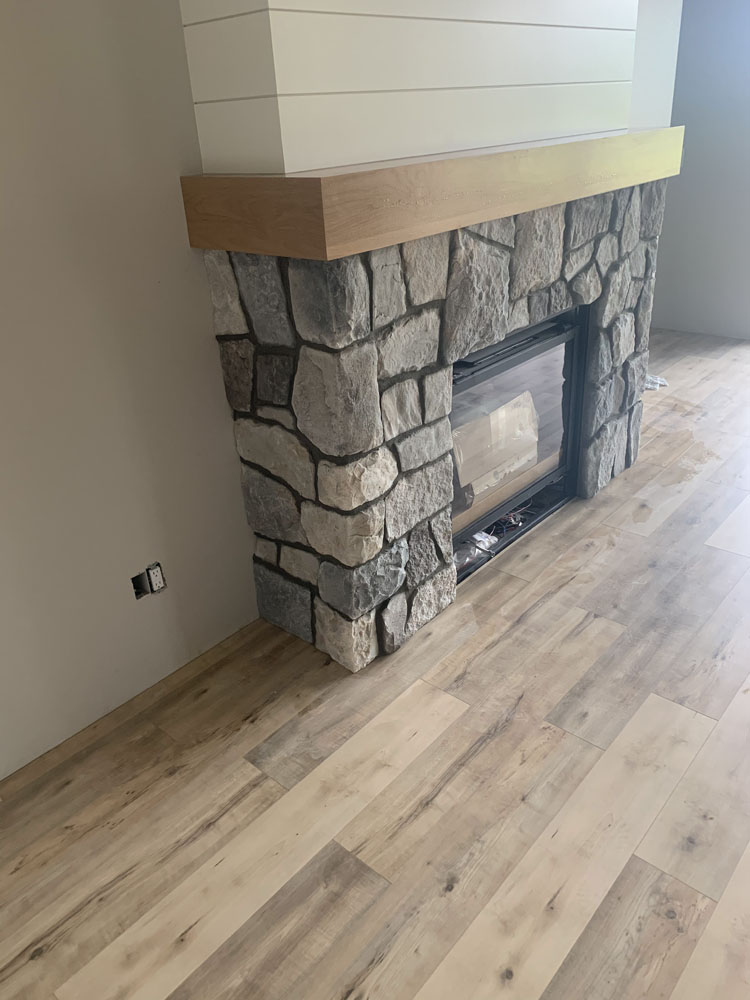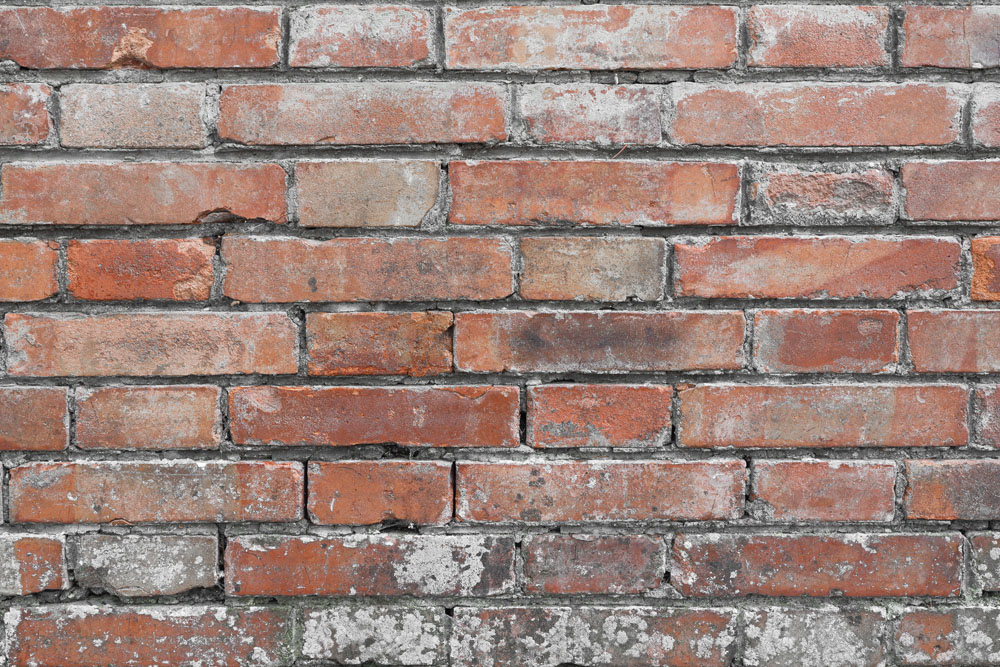Introduction
In the world of construction, masonry stands out as a time-honored craft that combines artistry with engineering. When you think about brick walls, stone pathways, and sturdy foundations, you're picturing the incredible work of a masonry contractor. But have you ever wondered what goes on behind the scenes at a masonry contractor's workshop? In this article, we’re diving deep into the tools, techniques, and everyday magic that takes place in these bustling workshops. So grab your hard hat and let’s explore!
H2: Behind-the-Scenes at a Masonry Contractor’s Workshop: Tools and Techniques

When we talk about masonry, it's not just about laying bricks; it's about precision, creativity, and expertise. A masonry contractor's workshop is filled with an array of tools that are essential for creating durable and aesthetically pleasing structures.
The Heart of the Workshop: Essential Tools
Masonry contractors rely on various tools to bring their visions to life. Let’s take a closer look at some of the essential tools found in any reputable workshop:
Trowels: The Backbone of Masonry Work
A trowel is often considered the most important tool for a masonry contractor. This handheld tool is used for spreading mortar and shaping bricks. There are several types of trowels available:
- Pointing Trowels: Ideal for small jobs and detail work. Margin Trowels: Perfect for mixing mortar. Brick Trowels: Designed specifically for laying bricks.
Each type has its own unique purpose, showcasing the skill required in masonry.

Masonry Saws: Precision Cuts Every Time
Cutting bricks or stones accurately is crucial in masonry work. Masonry saws come in handy here:
- Wet Saws: These use water to cool the blade while cutting through tough materials. Hand Saws: Ideal for smaller tasks where precision is key.
Having the right saw can mean the difference between a clean cut and a messy one.
Mortar Mixers: Blending Perfection
Mixing mortar by hand can be labor-intensive. That's why many contractors opt for mortar mixers. These machines ensure that the mix has consistent quality every time, allowing for stronger bonds between bricks or stones.
Advanced Equipment: Taking Masonry to New Heights
With advancements in technology, new tools make their way into masonry workshops regularly:
Laser Levels: Ensuring Accuracy
A laser level helps masons achieve perfect alignment when laying bricks or stones. It projects an accurate horizontal or vertical line across long distances.
Concrete Vibrators: Solid Foundations
These are essential when working with concrete blocks. Concrete vibrators help eliminate air bubbles during pouring, ensuring a solid structure that withstands time.
H2: The Techniques Behind Strong Structures
Having tools is one thing; knowing how to use them effectively is another! Let’s delve into some techniques used by masonry contractors that ensure durability and aesthetic appeal.
Laying Bricks: More Than Just Stacking
One might think that laying bricks is simply about stacking them on top of each other; however, it requires skillful techniques like:
- Stretcher Bond: This common pattern involves laying bricks lengthwise. Header Bond: Here, bricks are laid flat to create strength.
Understanding these patterns allows masons to enhance both strength and beauty.
Mixing Mortar Like a Pro
The right mixture can significantly influence the longevity of a structure. Here’s how skilled contractors mix mortar:
Start with dry ingredients (cement, sand). Gradually add water while mixing until achieving desired consistency. Test it! A good mix should hold together but not be too dry or runny.Perfecting this technique ensures strong bonds between materials.

H2: Safety First! Best Practices in Masonry Workshops
Safety should always be paramount in any workshop environment—especially where heavy materials are involved.
Protective Gear: Don’t Cut Corners!
Every mason should wear protective gear including helmets, gloves, goggles, and steel-toed boots to safeguard against injuries while working with heavy materials and sharp tools.
Workshop Organization: A Safe Space Equals Happy Faces
Keeping tools organized not only enhances productivity but also reduces accidents. masonry contractor https://ramosmasonry.com/about-ramos-masonry-construction-company/ https://ramosmasonry.com/masonry-tips/ https://ramosmasonry.com/location/masonry-contractor-in-lake-oswego-oregon/ https://ramosmasonry.com/masonry-contractor-services/stone-or-brick-fireplace-and-chimney-installation-and-repair/ https://ramosmasonry.com/masonry-contractor-services/brick-or-stone-wall-construction/ Implementing systems such as pegboards or labeled bins helps maintain order within busy workshops.
H2: FAQs About Masonry Contractors’ Workshops
Here are some frequently asked questions regarding masonry workshops:
What types of projects do masonry contractors typically handle?- Masonry contractors often work on residential buildings, commercial properties, patios, walls, fireplaces—essentially anything involving brick or stone!
- While it varies depending on scale and complexity, small projects may take days while larger ones could span weeks or months.
- Yes! Most contractors undergo apprenticeships or vocational training programs followed by gaining hands-on experience in the field.
- Costs can vary widely based on project scope but generally range from $10 to $50 per square foot depending on materials used.
- Absolutely! Many contractors now source sustainable materials such as recycled bricks or eco-friendly cements that reduce environmental impact!
- Look for reviews online, ask for references from previous clients and check their qualifications before making your choice!
Conclusion
The world behind-the-scenes at a masonry contractor's workshop is rich with knowledge, creativity, and craftsmanship that often goes unnoticed by those outside the industry. Each tool serves its purpose meticulously while techniques honed over years yield structures that stand tall against time and elements alike!
Whether you're looking to hire someone for your next construction project or simply curious about this fascinating trade—it’s clear that there's so much more than meets the eye when it comes to masonry work! So next time you admire that brick wall or beautiful stone pathway—remember all that's involved behind-the-scenes at a mason's workshop!